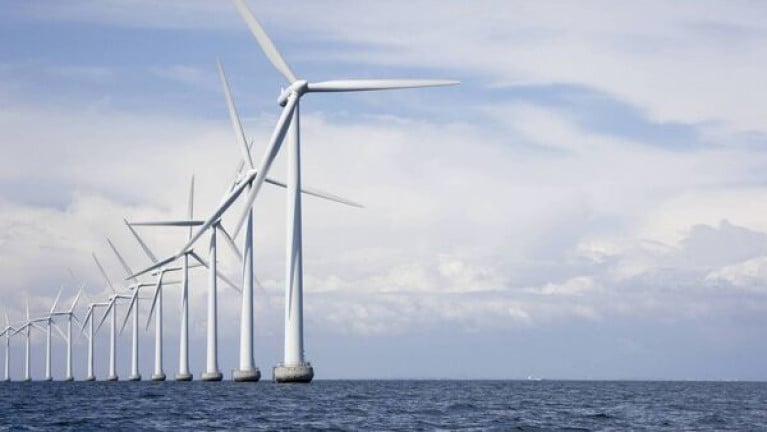Displaying items by tag: Report Claims
Cork Harbour Where Wind Energy Can be As big as Pharma, Report Claims
Cork Harbour could see wind energy that would be as transformative as the biopharmaceutical industry, placing the region among the vanguard of Europe's transition to sustainable economies.
That is one of the conclusions of a major new report by a range of organisations and companies around Cork, who called for key policy changes within government, lest the region miss out on its potential as an "unparalleled hub for floating offshore wind energy in the Celtic Sea from 2025".
Firms such as Green Rebel Marine, Mainport, Doyle Shipping Group (DSG), Simply Blue Energy, DP Energy and the Port of Cork joined with Cork Chamber of Commerce and Cobh and Harbour Chamber to produce the Cork Harbour 2025: Ready to Float report.
"Offshore wind is leading the transformation of the global energy system, with a staggering growth rate of 19% — faster than any other industry," the report said.
"Cork Harbour is in the process of being transformed into an offshore renewables hub by the private sector, with circa €200m of investments and plans already underway," it said.
Cork can build on the maritime and energy infrastructure and capability that already exists, thereby positioning Cork Harbour as the de facto floating offshore wind hub in the Celtic Sea, its authors claimed.
Further reading from the Irish Examiner here





























































